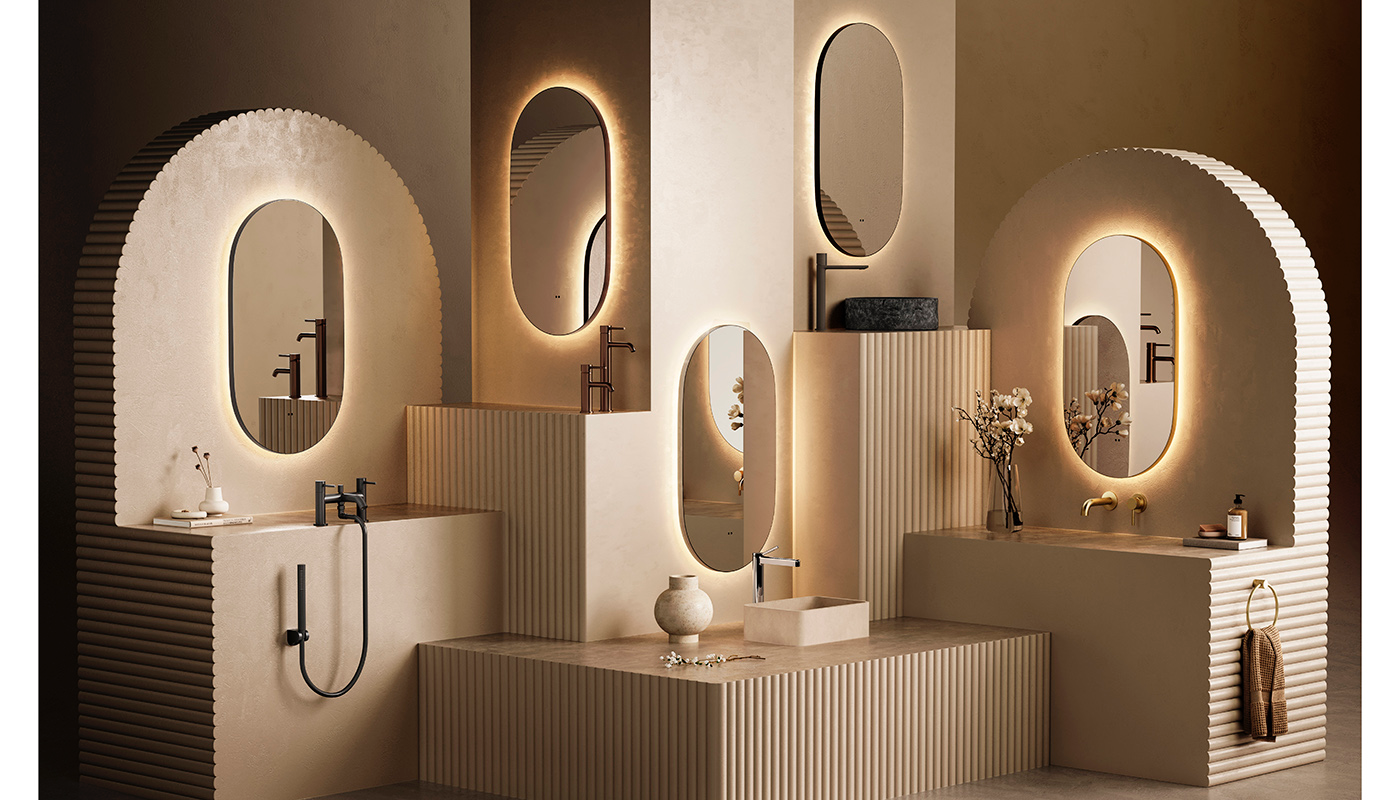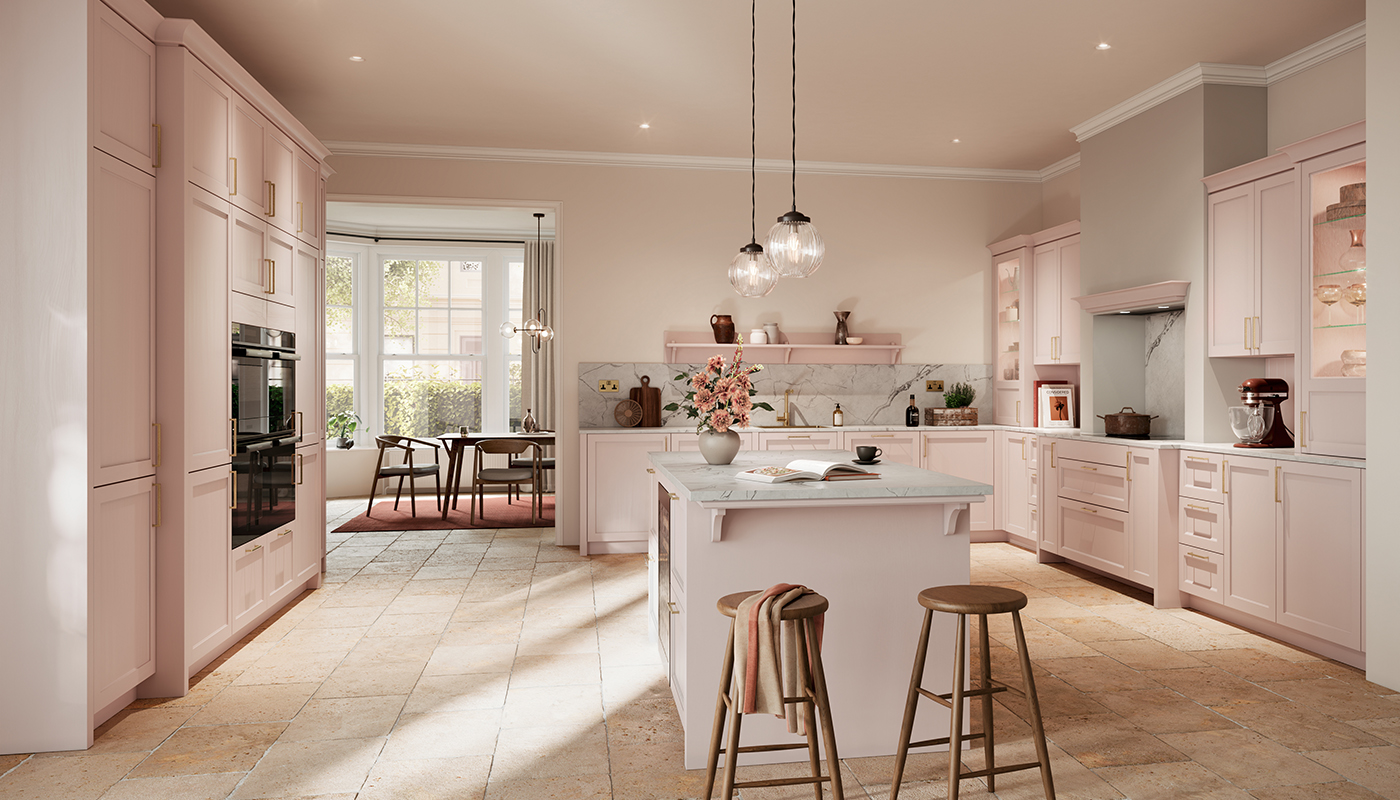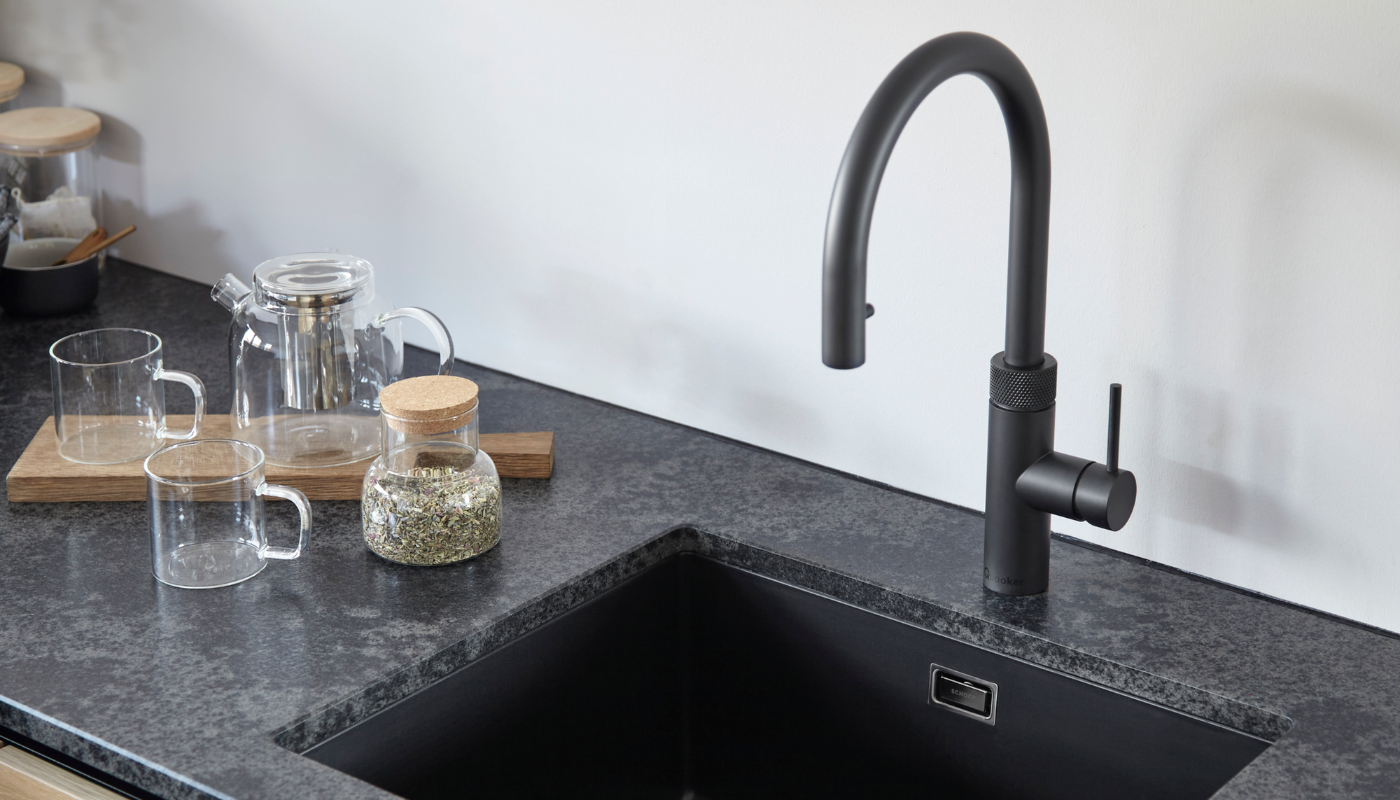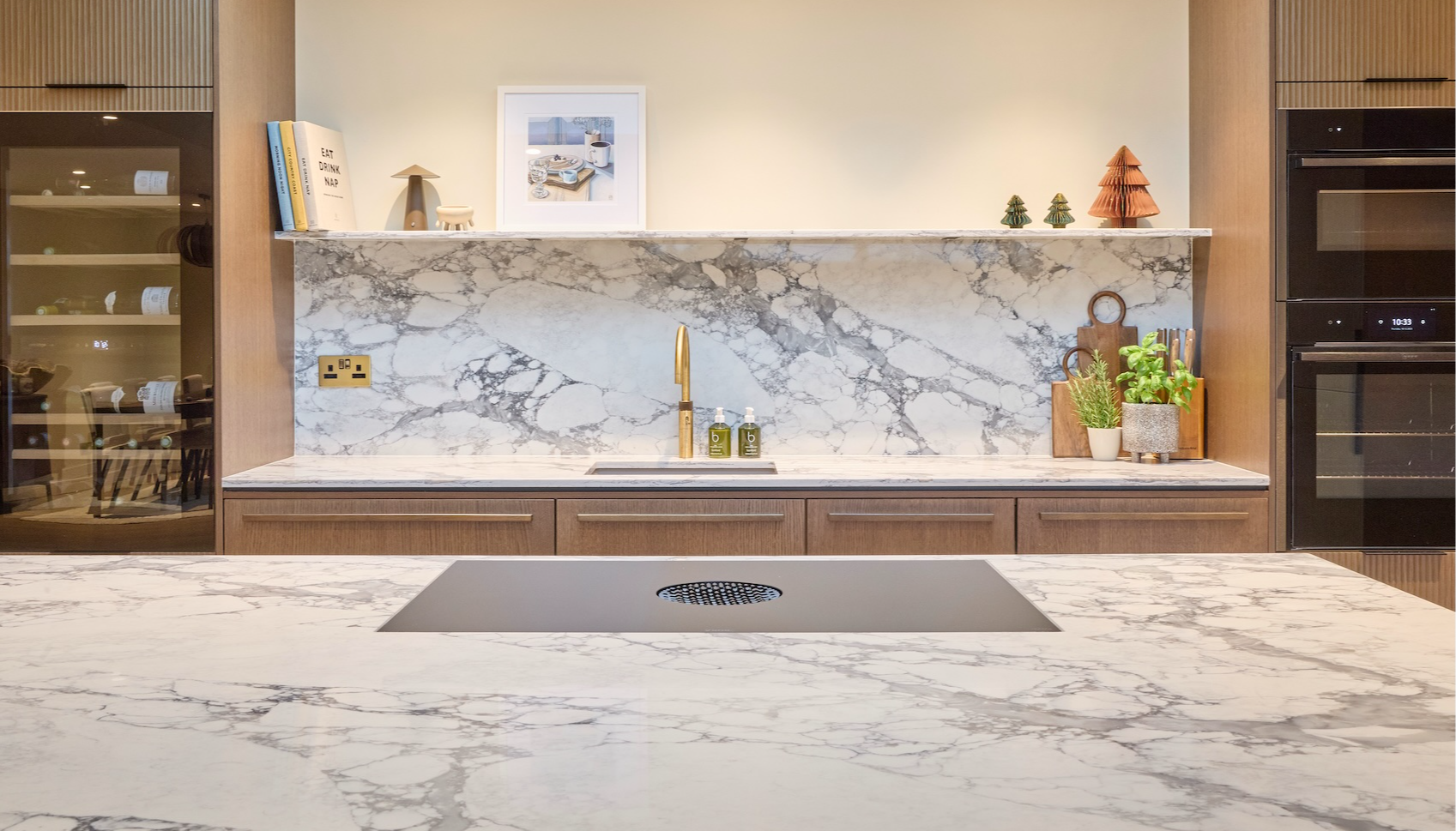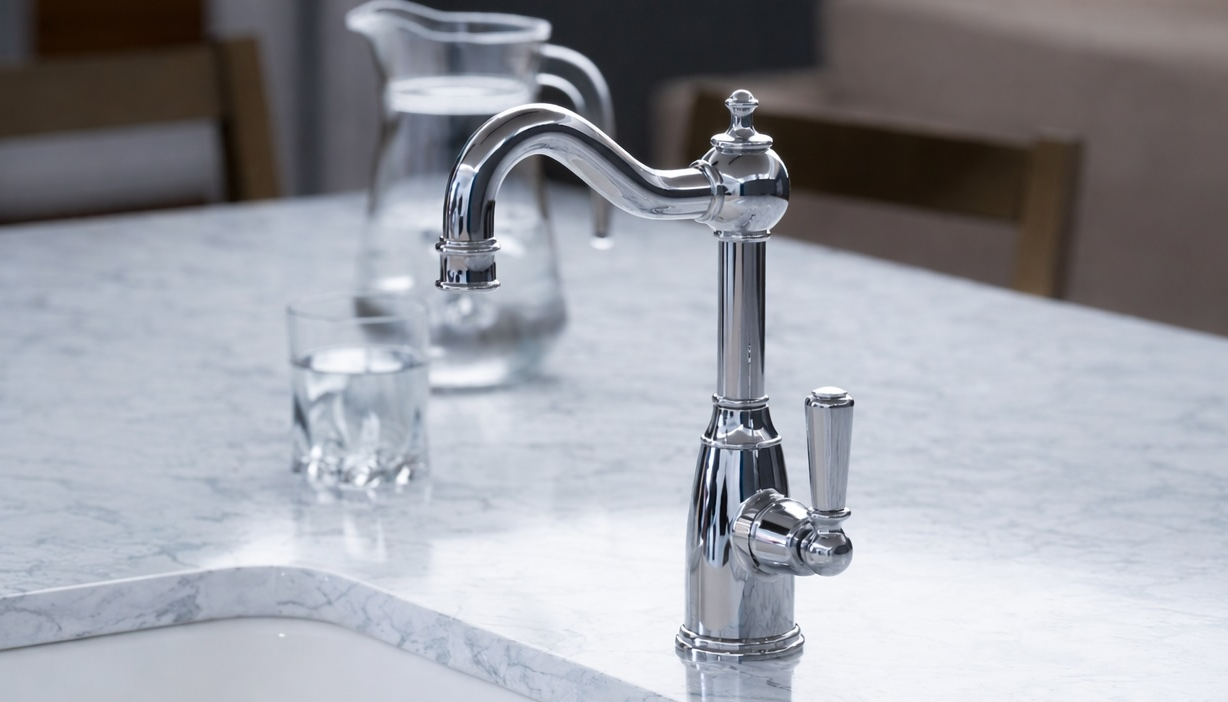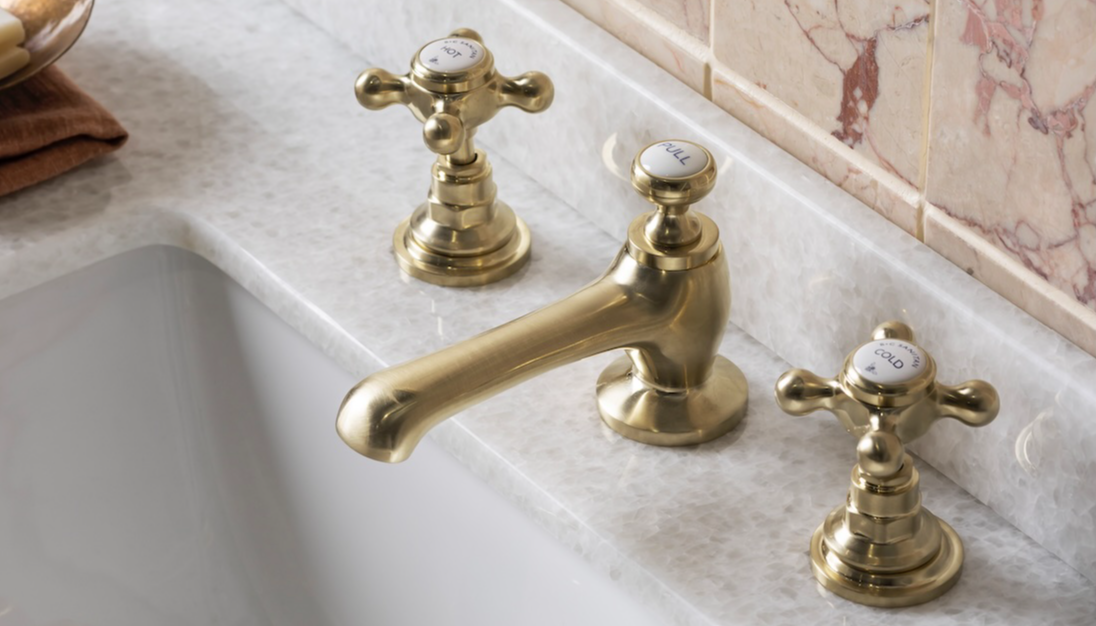Tom Reynolds – Defra needs manufacturers’ input on water policy

Tom Reynolds – Defra needs manufacturers’ input on water policy
Tom Reynolds, chief executive of the Bathroom Manufacturers Association, says that Defra should work with manufacturers to develop water policy after officials issue a clarification on possible fittings bans.
As a habit, I flick through a couple of newspapers each day before starting work. A couple of weeks ago, I was taken aback by a story in The Times claiming that ministers were considering banning power showers and dual flush loos. By the time I'd reached my desk, I'd had half a dozen texts and emails from worried contacts, flagging the same story in other newspapers.
BMA has been liaising with Defra, the Government's environment department, for a long time around changes in WC regulation and proposals for mandatory water labelling. Product bans had yet to come up in those conversations; in the last policy consultation, Defra said they weren't linking any new labelling requirement with other policies (i.e., bans). So, for manufacturers of showers and toilet fittings – and us as their trade body – the prospect of outlawing whole product ranges was a bolt from the blue.
We scrabbled to find out the origin of the story. Defra had unveiled its 'Integrated Plan for Water' at a press event in West London the day before. The plan says: "We are improving water efficiency in homes by developing minimum product standards for showers, taps, and toilets." Multiple newspaper journalists independently interpreted this phrase as banning power showers and dual-flush toilets.
BMA immediately sought clarity – were Ministers seriously proposing new standards to ban whole classes of bathroom fitting? Moreover, how could any water plan be genuinely 'integrated' without having a sensible conversation with terminal fittings manufacturers first?
Bathroom manufacturers would have pointed out various political and technical reasons why product bans are a bad idea. Perhaps most pertinent for ministers, our independent polling found any such move would be deeply unpopular with large parts of the electorate and would be self-defeating in altering attitudes to water conservation.
We wrote to the Secretary of State and joined other trade associations to speak out. A Defra official has subsequently contacted us and other stakeholders to clarify that the media got it wrong. Bans were not the intention, but the proposed minimum standards are about "ensuring these devices are efficient". The Government's intent still requires clarification (standards already exist for taps, showers, and toilet fitting, so should they first be reviewed before Defra does its own thing?). Still, at least outright bans are not on the table.
Water scarcity is a pressing issue for the UK and one that bathroom manufacturers are keener than most to address, given that our products depend on continuing supply. Policymakers must utilise manufacturers’ product expertise to develop a genuinely integrated water plan and avoid rash moves that could count against the overall objective of protecting this vital natural resource.
Tags: insight, features, tom reynolds, bathroom manufacturers association, bma, defra, water efficiency






